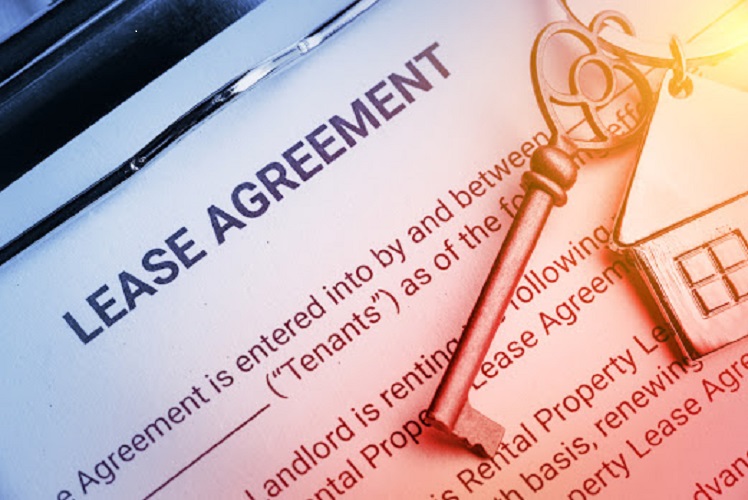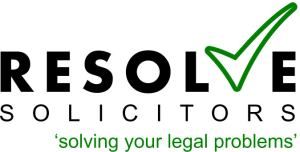Navigating Tenancy Terrain
Mastering Lease Agreements
Lease agreements form the backbone of any tenancy relationship, whether for commercial spaces or residential properties. These contracts clearly define the terms and conditions under which a property is rented, ensuring the rights and obligations of both the landlord and the tenant are safeguarded. In an environment where property rights, tenant protections, and market conditions continuously evolve, Resolve Solicitors offers unmatched expertise in drafting, reviewing, and advising on lease agreements that stand the test of time.

- Parties & Property: Clearly identify the landlord, the tenant, and the property in question.
- Duration: Specify the term of the lease, renewal options, and conditions for early termination.
- Rent & Deposits: Define the monthly rent, payment methods, security deposits, and any potential rent escalations.
- Maintenance & Repairs: Determine who is responsible for various property upkeep tasks and associated costs.
- Restrictions & Permissions: List any restrictions on the property use and any permissions for alterations or modifications.
- Termination Clauses: Establish conditions under which the lease can be terminated, either by the landlord or the tenant.
- Fixed-Term Lease: Runs for a predetermined period, usually one year.
- Month-to-Month Lease: Renews monthly unless terminated by either party.
- Commercial Lease: Designed for business properties like offices, warehouses, or retail spaces.
- Sublease: Allows an existing tenant to lease the property to a third party, with the landlord’s consent.
- Meticulous Drafting: Crafting lease agreements that protect both landlords and tenants, addressing all possible scenarios.
- Contract Reviews: Assessing existing lease agreements for potential improvements, legal vulnerabilities, or alignment with new property laws.
- Negotiation Expertise: Representing clients in lease negotiations to ensure equitable and advantageous terms.
- Dispute Mediation: Offering guidance in lease-related disputes, emphasizing amicable resolutions while upholding client rights.
FAQ's
It provides a concrete record of the terms agreed upon, offering legal protection and a reference point for any disputes.
Yes, but modifications typically require mutual agreement and should be documented as addendums to the original contract.
The agreement should detail repercussions, ranging from warnings to eviction procedures or legal action.
Most agreements stipulate the conditions under which deposits are withheld or returned, usually based on property condition at the lease end.
Only if the original lease agreement allows it. Unauthorized subleasing can lead to penalties or eviction.
Rent escalations, if allowed, should be detailed in the contract, including the amount and frequency.
Typically, the lease transfers to the new owner, who must honor the existing terms unless otherwise stipulated in the contract.
This depends on the lease terms. Some agreements allow pets, while others might prohibit them or require additional deposits.
Our team stays updated on property and tenancy laws, ensuring all agreements remain compliant and fair.
Contact us directly for a detailed consultation. We're here to ensure your lease agreements are comprehensive, protective, and legally sound.



